
Three-quarters of most visited websites not compliant with privacy regs
A new report finds that 75 percent of the 100 most visited websites in the US and Europe are not compliant with current privacy regulations.
The study from privacy solution provider Privado.ai shows despite stricter privacy enforcement in Europe a surprising 74 percent of top websites do not honor opt-in consent as required by Europe's General Data Protection Regulation (GDPR).

Publicly available GenAI development apps open to exploitation
New research from Legit Security shows that widely available GenAI development services risk sensitive information exposure, or leakage of secrets.
Legit's analysis of unprotected vector databases finds that 30 servers investigated contained corporate or private data, including company email conversations, customer PII, product serial numbers, financial records, resumes, and contact information.

Data privacy requests surge since 2021
A new report shows 246 percent boost in privacy requests since 2021 as consumers seek to clear personal data online.
The report from DataGrail shows Data Subject Requests (DSRs) -- formal requests made to a company by a person to access, delete or request not to sell/share the personal data that the company holds on them -- increased by 32 percent from 2022 to 2023.
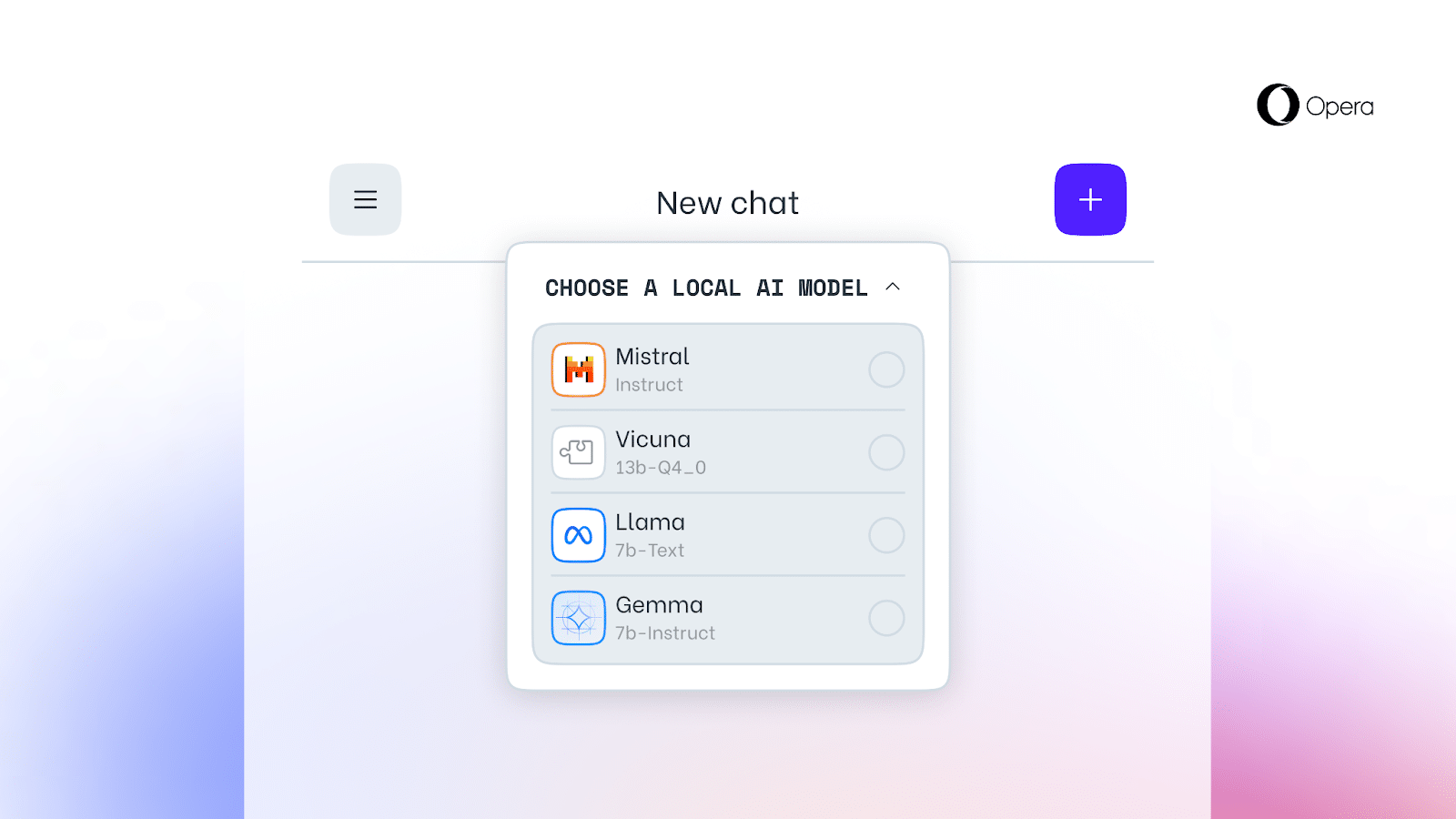
Opera One web browser enhances AI capabilities: Adds local Large Language Models (LLMs) in developer stream
Opera has announced a huge AI update to its Opera One web browser in the developer stream. The company is introducing experimental support for 150 local Large Language Models (LLMs) across approximately 50 different model families. This innovative feature allows users to easily access and manage local AI models directly from the browser, a first in the industry.
The supported local LLMs include notable names such as Llama from Meta, Vicuna, Gemma from Google, Mixtral from Mistral AI, among others. The inclusion of local LLMs means that users can now leverage generative AI capabilities without the need to send data to external servers. This ensures that user data remains on the device, enhancing privacy and security.

Can Wyze be trusted after recent security incident?
Wyze customers experienced a service disruption last Friday morning due to an outage originating from their partner, Amazon Web Services (AWS). This incident temporarily disabled Wyze devices, preventing users from accessing live camera feeds and event recordings. The company has since apologized for the inconvenience this caused.
During efforts to restore camera functionality, a security issue emerged. Approximately 13,000 Wyze users inadvertently received thumbnails from cameras that were not their own, and 1,504 users interacted with these thumbnails. In some instances, users were able to view event videos from other accounts. Wyze has confirmed that all affected users have been notified and reassured that the majority of accounts remained unaffected.

Over half of gen AI inputs contain PII and sensitive data
In a new report on the impact of generative AI on security posture, Menlo Security looks at employee usage of gen AI and the subsequent security risks these behaviors pose to organizations.
It finds that 55 percent of data loss prevention events detected by Menlo Security in the last thirty days included attempts to input personally identifiable information. The next most common type of data that triggered DLP detections included confidential documents, which represented 40 percent of input attempts.
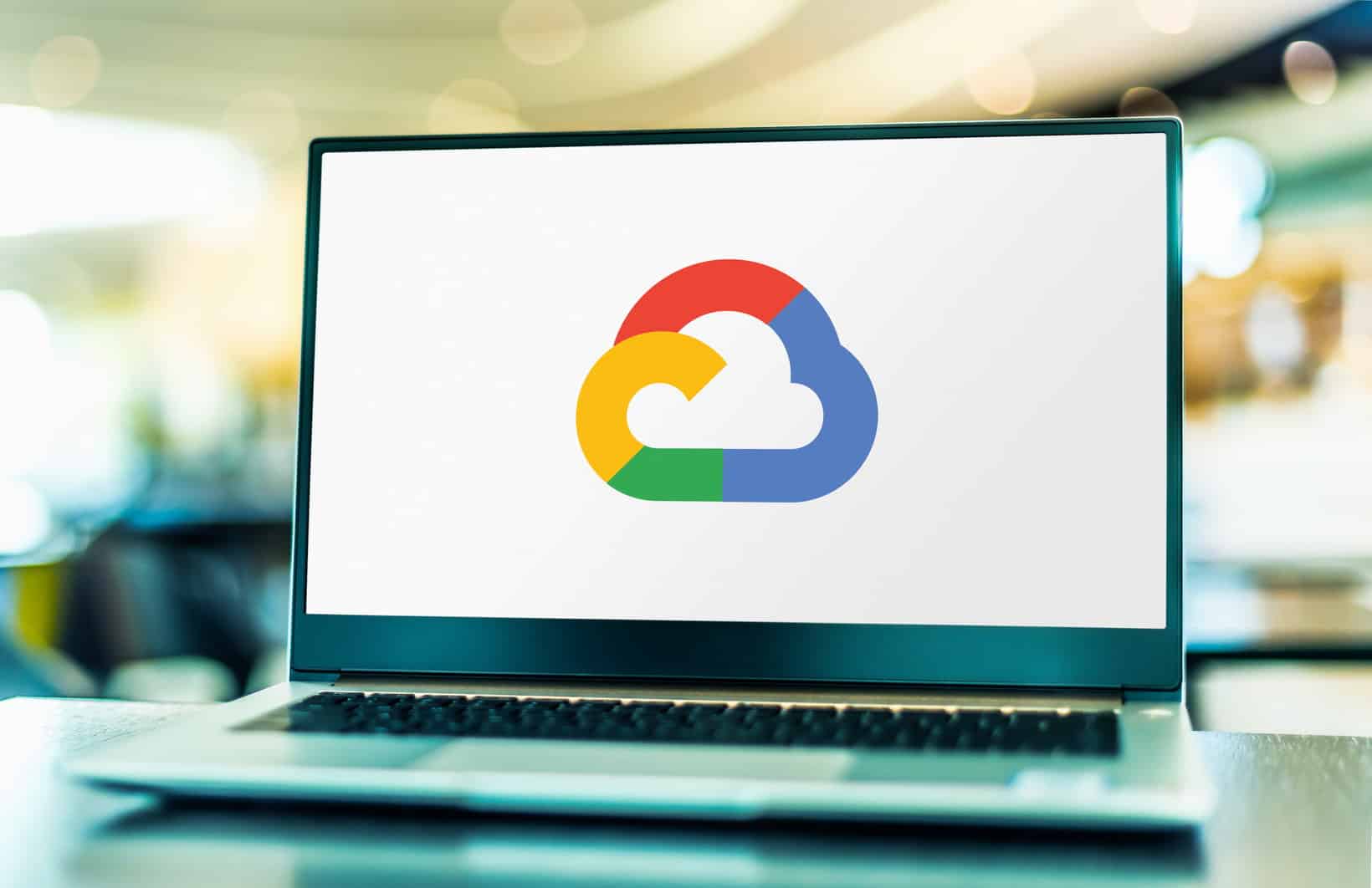
Sensitive data on Google Drives puts companies at risk
New research from Metomic finds that 40 percent of Google Drives hold sensitive data that could put an organization at risk of a data breach or cybersecurity attack.
The research scanned around 6.5 million Google Drive files and also shows that 34.2 percent of all the files scanned were shared with external contacts (email addresses outside of the company's domain) and more than 350,000 files (0.5 percent) had been shared publicly, giving access to anyone who had the document link.
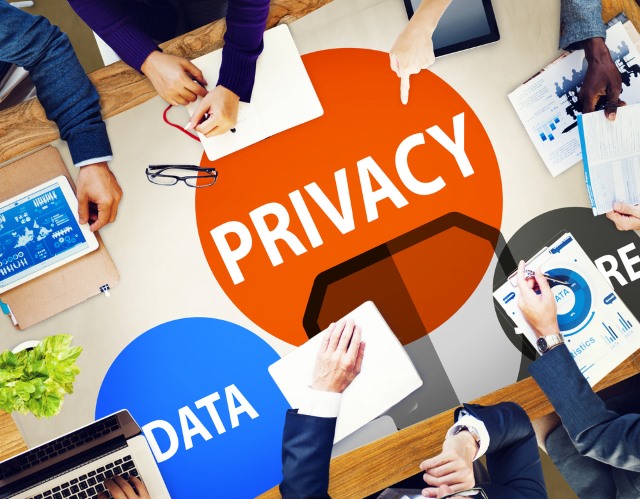
Mission data privacy: Empowering consumers in an era of rapid change
Whether browsing online for clothes or catching up on the latest news, we’ve all had that unwanted internet cookie pop-up appear. At face-value they may seem harmless, but cookies are a goldmine of private information, posing a serious risk to your data privacy. Today, consumers face a new predicament surrounding attitudes toward their valuable data. When personal data is stolen by a cybercriminal, that offense is the online equivalent of a physical robbery, but the severity of data theft is being overlooked.
From a regulatory standpoint, concerns over data privacy have prompted stricter actions from governments and organizations globally as they try to grapple with the challenge of striking a balance between data security and user privacy. Now, in response to increasingly sophisticated criminal tactics, there must be a shift from slow, reactive regulation towards adopting more proactive strategies that both anticipate and mitigate against potential risks. This will be key to shaping a secure, privacy-conscious future.

Younger consumers more likely to take action on data privacy
A new study reveals that 42 percent of consumers aged 18-24 have inquired about the personal data organizations have about them, seven times more than consumers aged 75 or older (six percent).
The Cisco 2023 Consumer Privacy Survey also shows people are concerned about their privacy in regard to AI. 60 percent of consumers say they've lost trust in organizations due to their AI use.

Cybersecurity best practice? No thanks, we're British
New research to coincide with Cybersecurity Awareness Month finds that 34 percent of Brits admit that they have given up following cybersecurity best practice because it feels like an impossible task.
The study from Thales surveyed over 2,000 UK citizens and finds an alarming level of consumer apathy when it comes to keeping themselves safe online.

Collaboration tools open up businesses to added digital risk
Thanks to remote working, businesses have become reliant on tools like Slack and Teams for workplace communication. But this new, unstructured data set introduces risk caused by the everyday conversations in which proprietary, harmful, or sensitive information is shared or deleted.
AI data platform Aware has released a new report based on proprietary research conducted using the AI-powered platform AwareIQ. It finds collaboration platforms are moving beyond chat and are now at the center of a new enterprise workflow, with 15.4 percent of messages originating from integrated third-party applications.
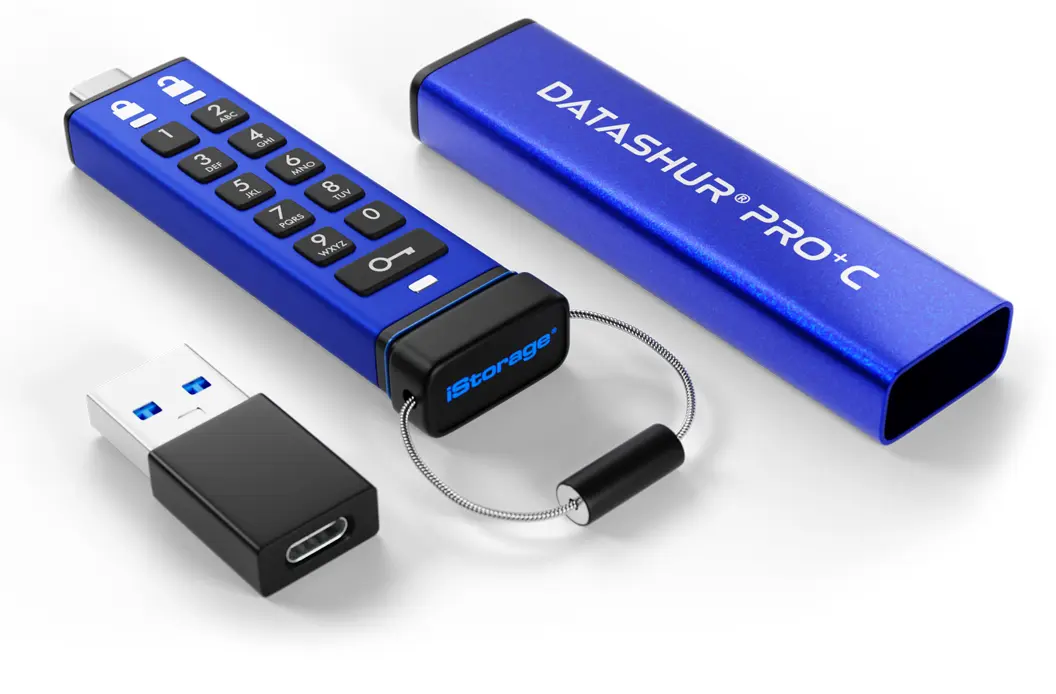
iStorage datAshur PRO+C USB-C flash drive is pending FIPS 140-3 Level 3 certification
If you are in the market for an insanely secure USB flash drive, a new product from iStorage needs to be on your radar. The "datAshur PRO+C," as it is called, is a USB 3.2 (Gen 1) Type-C flash drive that is designed with both PIN protection and hardware encryption. This innovative drive promises military-grade data protection. Notably, iStorage claims this is the only device awaiting validation for FIPS 140-3 Level 3 certification.
The datAshur PRO+C flash drive incorporates advanced security features that guarantee complete data security and protection at all times. Equipped with a built-in rechargeable battery, users can enter an eight to 15 digit PIN using the on-board keypad before connecting the device to a USB port. This means that the datAshur PRO+C remains inaccessible without the unique user PIN, providing users with peace of mind even if the drive is lost or stolen.

Ethical web scraping and data rights [Q&A]
Web scraping, automatically harvesting and extracting data from websites, can be a useful tool for businesses to learn about their customers.
But it's easy to fall into the trap of harvesting data just because it's there, leading to information overload not to mention privacy concerns for the consumer. To find out more about web scraping and how it can be used in an ethical way we spoke to founder and CEO of Rayobyte, Neil Emeigh.

Your personal data has become an AI training manual and you're not getting it back
Art imitates life, that we all know. But what if art imitates your personal life, your personal likeness and does it so well that the line between what is real and surreal blurs?
Unbeknownst to us, we are becoming models for state-of-the-art AI technology that trains on terabytes of poorly filtered data scraped from all over the web. This data can include our personal photos, medical images, and even copyrighted content -- basically, anything ever posted online.
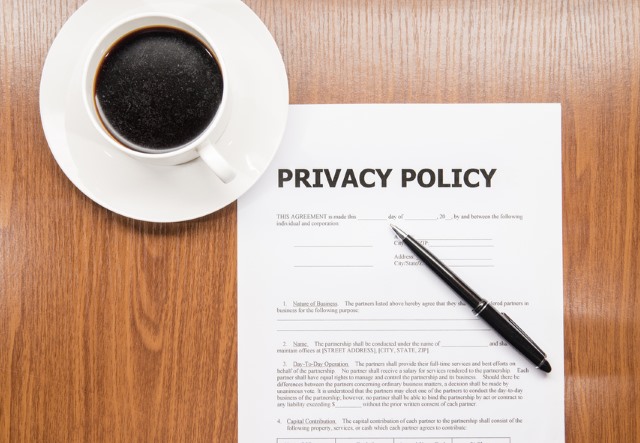
Consumers want businesses to be more transparent about handling data
Consumers want to see more transparency from businesses around how their data is handled, according to the Cisco 2022 Consumer Privacy Survey.
The survey also shows that while consumers are supportive of artificial intelligence -- 54 percent are willing to share their anonymized data to improve AI products -- they are concerned about how businesses use AI, with 65 percent having lost trust in organizations due to their AI use.
